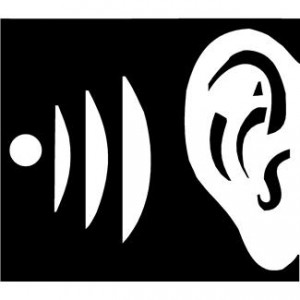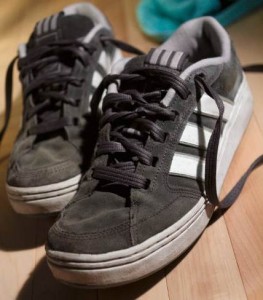After each mass shooting in the United States, there are calls for increased gun control, better access to mental health services, or both. Fuelled by emotion, we seek solutions; I have been right in there, too, simultaneously grieving those lost and asking for system changes to prevent reoccurrences.
A bit ago, I came across an article which hypothesized that improved mental health treatment won’t impact mass shootings or school killings. The author, Dr. John M. Grohol, founder of website PsychCentral.com, focuses on school shootings in this piece, and posits that what will help most is restricted access to household guns, and more involved parenting.
 When I re-read this piece today, I pondered whether I agreed or not (and then I veered off to something about the Paul Simon and Edie Brickell arrests for disorderly conduct, and then I saw a Jennifer Aniston story that I just had to read—love her—and then I came back to this mental health piece. And so it goes. Sometimes it helps to break the tough topics into bite-size pieces.).
When I re-read this piece today, I pondered whether I agreed or not (and then I veered off to something about the Paul Simon and Edie Brickell arrests for disorderly conduct, and then I saw a Jennifer Aniston story that I just had to read—love her—and then I came back to this mental health piece. And so it goes. Sometimes it helps to break the tough topics into bite-size pieces.).
Like I said, I’ve let my emotions lead me into the debate before. After Sandy Hook, I was annoyed that some people focused on gun control, when for me, the shooter so clearly needed mental health services. “That’s what it’s about,” I said, “because a person with a mental illness can always find a weapon.” Then I read a comment on Dr. Grohol’s piece, which reminded me how complicated each and every case is. The commenter wrote:
I love how everyone thinks they have the answer to this problem. Intellectual humility seems to be in limited supply. “It’s the drugs,” “it’s mental illness,” “it’s the provision of inadequate services.” There are so many imponderables involved in human behavior, our point of departure for any enquiry into its determinants… …should be both skepticism and an acknowledgment of the limitations of human understanding.
As humans, we’re very good at pointing a finger and assigning blame. It deflects our own icky feelings. However, those getting pointed at and blamed feel shame, and shaming someone gets us nowhere.
So, can we do any better than we are now to prevent them? Yes, I still believe we can.
For starters, I agree with Dr. Grohol – locking down guns in a household is common sense. As for parenting, well, I can’t speak from personal experience, but I’ve seen troubled parents turn out well-adjusted kids, and vice versa, but I agree with his assertion in principle.
But kids grow up and move out. Then what?
 I don’t want to oversimplify, but for treatment of both kids and adults with severe mental health issues, doesn’t a lot of it come down to communication and collaboration? Parents and doctors and lawmakers and community health nurses and hospital psychiatry teams and teachers and the child/adult in question all working together? Long-term relationships, not revolving-door appointments. Courage. People who aren’t afraid to talk, to question, and to course correct. To have some intellectual humility, rally all of our resources and push the limits of our human understanding. Or, rather, our understanding of one human.
I don’t want to oversimplify, but for treatment of both kids and adults with severe mental health issues, doesn’t a lot of it come down to communication and collaboration? Parents and doctors and lawmakers and community health nurses and hospital psychiatry teams and teachers and the child/adult in question all working together? Long-term relationships, not revolving-door appointments. Courage. People who aren’t afraid to talk, to question, and to course correct. To have some intellectual humility, rally all of our resources and push the limits of our human understanding. Or, rather, our understanding of one human.
What are your thoughts and practical considerations?
P.s. Here’s a story about parents of a son who had bi-polar depression, and who was killed by Seattle police. They’re lobbying for a bill that allows family members to request a judicial review if emergency in-patient psychiatric treatment has been denied to their loved one with a mental illness. I support this, because it’s another avenue for conversation and collaboration between parties, as opposed to decisions made in a vacuum, often due to cost or expediency.











